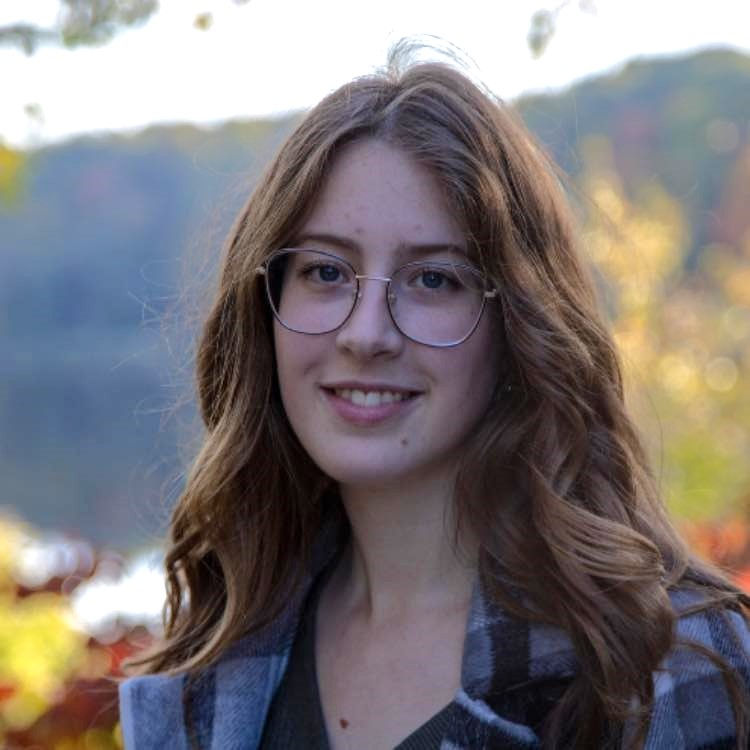Thoughts on Pursuing an MFA
- Aug 29, 2019
- 4 min read
Sometimes in a workshop or other setting, a writer will bring up the question of the MFA, Master of Fine Arts, in creative writing. It’s a big commitment of time, and often, money, so we asked our intern Sarah Davis to share some thoughts with us about her experience in the Northeast Ohio Master of Fine Arts (NEOMFA).
One of the questions I’ve received the most while working towards my MFA is “what are you going to do when you finish school.” But for me, it’s not as much about what I’m going to do after as it is with what I’m doing now. I have found great value in pursuing my MFA in creative writing as it has allowed me to expand my craft and knowledge of the creative writing world.
I realized in the middle of my undergrad that creative writing was a major interest of mine and one that I wanted to pursue, so I designed my own creative writing program using the Individualized Curriculum program offered at Youngstown State. With this, I was able to work with my department to create a creative writing major. After graduation I knew I wanted to continue my education and work towards earning my masters and so I applied and was accepted to the NEOMFA program. Thankfully, I was able to secure a graduate assistantship to get me through the program. I wouldn’t have been able to do it otherwise.
At first, I was very intimidated when I entered the program. There were many other students at the time and, admittedly, even though the reality was less scary, I felt like a little fish in a big pond. Right from my first semester I found myself in classes with them where I got to read their work. My incoming class was so small and I immediately felt lost in it all. But as with anything, time and practice made that better. I learned a lot from the instructors and the other students. I don’t know if they knew it, but their confidence was catching, it seemed.
I definitely didn’t feel like I knew what I was doing but I thought my classmates, who had been in the program longer than me, did. This was mainly an issue in classes where we had to workshop or when we talked about submitting our work for publication. All of it was very intimidating. “What if my feedback is wrong?” was one of my biggest concerns. But then came my turn to get feedback and I started to understand the system. Nothing anybody says is gospel. A writer doesn’t have to use every bit of feedback thrown their way, but they can use it to understand how other people view their work. For me, that was the point, during my first semester where the program became less scary. My classmates left me with a round of applause for having made it through my first MFA workshop and I was ready to encounter many more. And that is just a small example of how my MFA program has taught me how to consider my work more carefully. It’s something I’m definitely still no expert at, but am working on. I learned how to take criticism and implement changes as need to improve my writing, even if it means “killing my darlings,” as they say.
I’ve also learned how to be a better reader and offer useful criticism to other writers, something that I was never good at before. When you’re new to critiquing, it can be hard to come up with what to say other than, “this is good,” or “I liked this thing.” But what I had to realize was that just because someone offers a suggestion for someone’s writing, doesn’t mean they’re being mean or insulting the writer. It takes practice but giving constructive feedback is a useful skill that’s meant to help rather than hurt. But the benefit of being in an MFA program is that I got a lot of practice with this and learned how to workshop in a meaningful way.
Not only did I get to practice these skills, but the group of writers I got to spend my time with in the program were also wonderful. Whether we were sharing horror stories of past workshops gone wrong or coordinating carpools for upcoming events or classes, our experiences were often shared. I learned quickly that despite what I’d originally thought, being in the MFA program meant I wasn’t alone in my aspirations and that there were so many others that shared similar interests and were willing to support me.
All in all, I don’t regret my decision to enter an MFA program for a second. It’s a type of program I recommend especially if you can get the funding like I did with my assistantship. Writing is interesting, creative, and freeing. Its range of uses is so wide and depending on what you want to do with it, maybe an MFA doesn’t sound right for you. Maybe it does. That will be up for you to decide.




